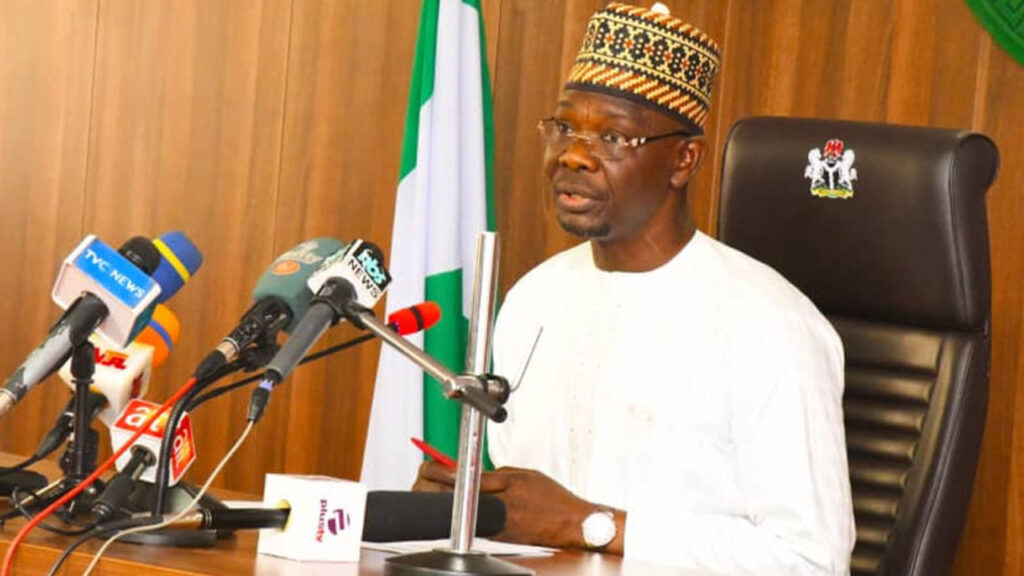- Governor Sule expresses disappointment over Nigeria’s failure to achieve 50,000 MW power generation target by 2020, still stuck at 6,000 MW
- COREN develops new technique to investigate building collapses, aims to identify responsible parties and provide mitigation recommendations
The Governor of Nasarawa State, Engr. Abdullahi Sule, has expressed disappointment over Nigeria’s continued inability to generate more than 6,000 megawatts (MW) of electricity, despite the ambitious plan to increase the country’s power generation capacity to 50,000 MW by 2020.
Speaking at the 32nd Engineering Assembly organized by the Council for the Regulation of Engineering in Nigeria (COREN), the governor highlighted that this plan was part of Vision 20:2020, which aimed to position Nigeria among the world’s 20 richest countries.
“In 2009, when Vision 20:2020 was formed, I was a member of the power committee. At that time, we were generating about 6,000 MW of power, and we committed to increase this to 50,000 MW by 2020, using various sources like hydro and gas turbines. The goal was to become the 20th largest economy. However, 15 years later, we are still generating less than the 6,000 MW we had back then,” Governor Sule lamented.
He emphasized the importance of moving away from fossil fuels and adopting cleaner energy sources, which Nigeria possesses in abundance. He also urged the country to explore mining as a significant source of revenue, noting that Nasarawa is one of the four states contributing over N1 billion to the federation account.
COREN President, Engr. Prof. Sadiq Abubakar announced that COREN has developed a new technique to investigate the factors contributing to building collapses in Nigeria. “For the first time, we will thoroughly examine the sector that allows building collapses to continue. This comprehensive technique will enable us to track who is responsible at each stage, whether individuals or organizations and provide detailed recommendations to mitigate these collapses,” he explained.
Meanwhile, the Minister of Housing and Urban Development, Ahmed Musa Dangiwa, noted that COREN’s standards and the professional ethics it enforces are crucial for ensuring the quality, safety, and resilience of housing and infrastructure projects across the nation.
